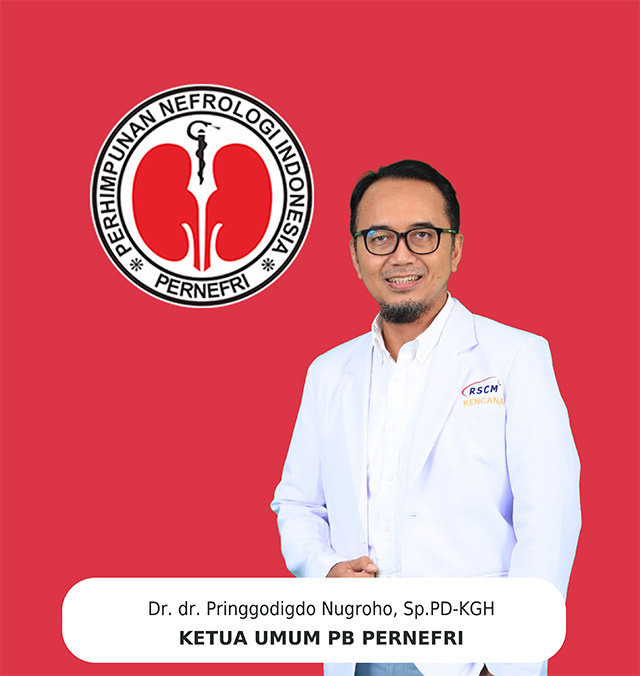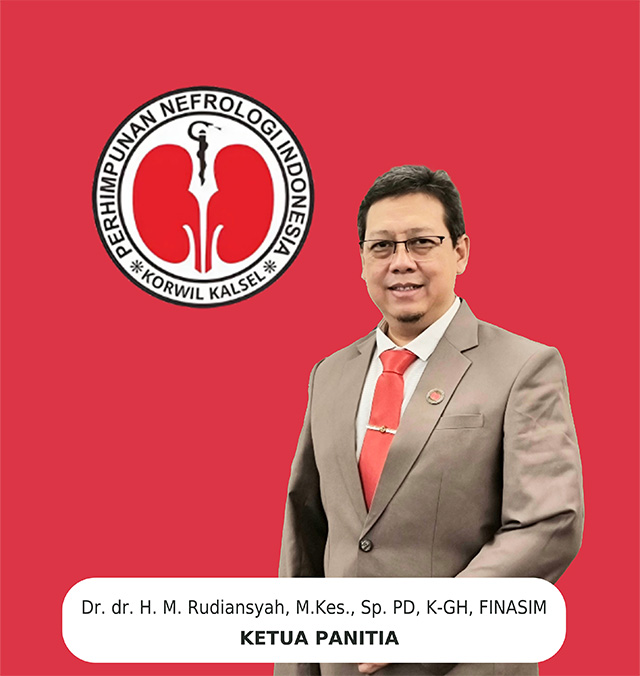
October 2nd–5th, 2025 • Banjarmasin
THE 18th WORKING CONFERENCE &
ANNUAL MEETING OF
THE INDONESIAN SOCIETY OF NEPHROLOGY 2025
THE FUTURE of KIDNEY DISEASE MANAGEMENT : EMERGING TRENDS and TECHNOLOGIES
Download Flyer
October 2nd–5th, 2025 • Banjarmasin
THE 18th WORKING CONFERENCE &
ANNUAL MEETING OF
THE INDONESIAN SOCIETY OF NEPHROLOGY 2025
THE FUTURE of KIDNEY DISEASE MANAGEMENT : EMERGING TRENDS and TECHNOLOGIES
Download Flyer
October 2nd–5th, 2025 • Banjarmasin
THE 18th WORKING CONFERENCE &
ANNUAL MEETING OF
THE INDONESIAN SOCIETY OF NEPHROLOGY 2025
THE FUTURE of KIDNEY DISEASE MANAGEMENT : EMERGING TRENDS and TECHNOLOGIES
Download Flyer
October 2nd–5th, 2025 • Banjarmasin
THE 18th WORKING CONFERENCE &
ANNUAL MEETING OF
THE INDONESIAN SOCIETY OF NEPHROLOGY 2025
THE FUTURE of KIDNEY DISEASE MANAGEMENT : EMERGING TRENDS and TECHNOLOGIES
Download Flyer
October 2nd–5th, 2025 • Banjarmasin
THE 18th WORKING CONFERENCE &
ANNUAL MEETING OF
THE INDONESIAN SOCIETY OF NEPHROLOGY 2025
THE FUTURE of KIDNEY DISEASE MANAGEMENT : EMERGING TRENDS and TECHNOLOGIES
Download Flyer
October 2nd–5th, 2025 • Banjarmasin
THE 18th WORKING CONFERENCE &
ANNUAL MEETING OF
THE INDONESIAN SOCIETY OF NEPHROLOGY 2025
THE FUTURE of KIDNEY DISEASE MANAGEMENT : EMERGING TRENDS and TECHNOLOGIES
Download Flyer
